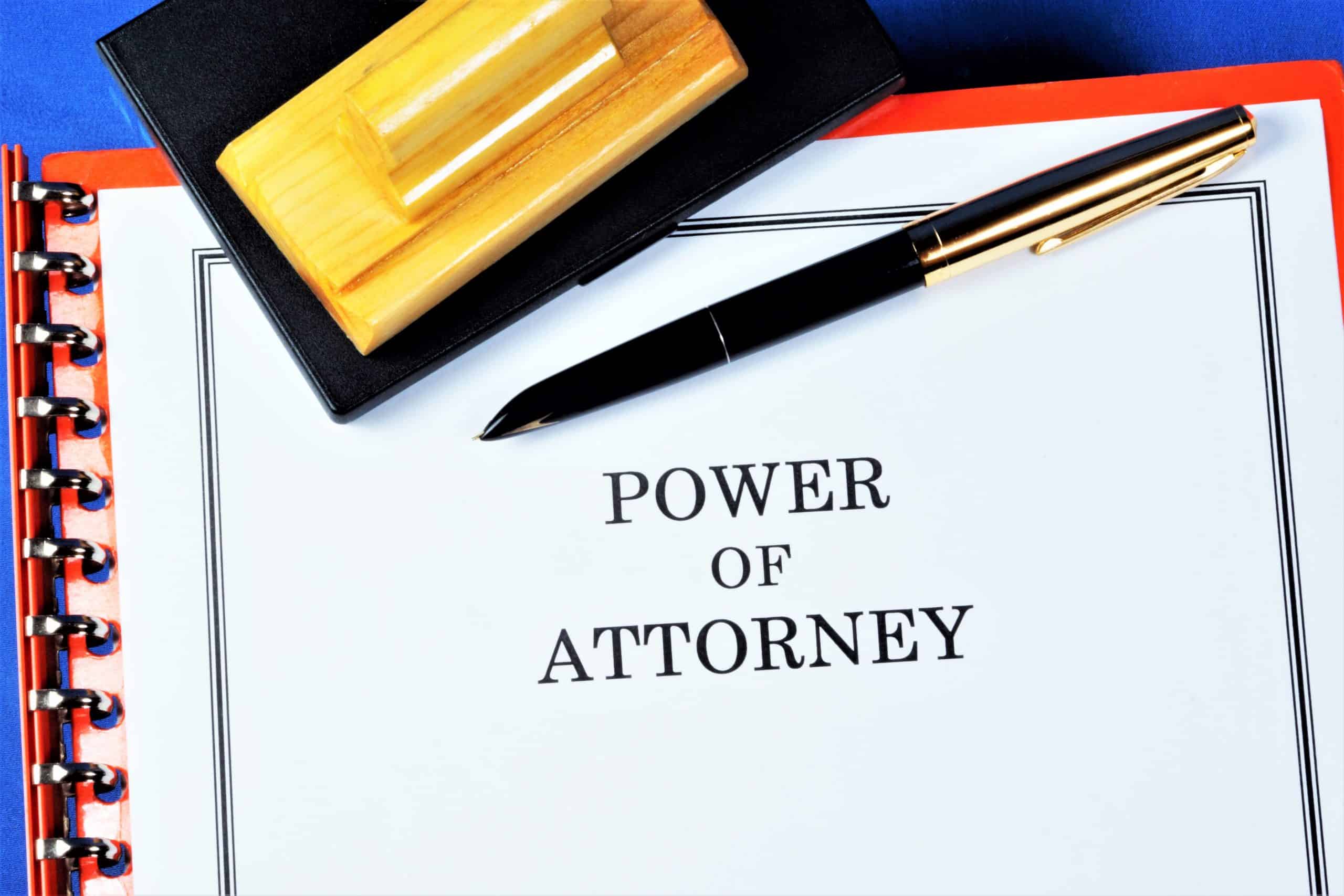What is a Lasting Power of Attorney?
A Lasting Power of Attorney (“LPA”) is a document that can be prepared and signed by the person creating it (the “Donor”) naming or more people to look after their affairs (the “Attorneys”) should they become unwell.
What are the different types of LPA?
There are two types of LPA as follows: –
Lasting Powers of Attorney (Property/Financial Affairs)
This allows you to name Attorneys who can look after your money, bills, investments, pensions, etc. Pretty much anything you can do with your own finances an Attorney can do on your behalf if they are appointed in the right way. It is possible to restrict what your Attorneys can do by drafting the document in a particular way.
Lasting Power of Attorney (Health/Welfare)
This document allows you again name one or more people to be your Attorneys in relation to important decisions that might have to be made about your health to include where you might live, care packages, medical procedures and even life-sustaining treatment.
When do these LPAs come into affect?
Neither document can be used, in practice, unless they have been registered with the Office of the Public Guardian (“OPG”). It is usual when having LPAs prepared to carry out a registration application with the OPG thereafter.
Who might a Donor consider appointing as their Attorneys?
The Donor must decide who they want to appoint as their Attorney or Attorneys. Choices of attorneys are usually made from close family members like spouses/civil partners and any children or other close relatives.
How can multiple Attorneys be appointed?
When a Donor is appointing more than one Attorney they need to decide whether they wish to appoint, perhaps an initial Attorney or Attorneys and then to have some “back up” replacement Attorney or Attorneys. The alternative would be to appoint numerous Attorneys immediately.
What is a certificate provider and what do they do?
There is a section of the LPA that must be completed by your certificate provider, indicating that they feel the Donor has sufficient mental capacity to sign the document and no one is placing them under any pressure to do so. The certificate provider must be a professional like a Solicitor or someone the Donor has known personally for at least is two years who is able to attest to the above.
What is the procedure involved to complete an LPA and have it registered with the OPG?
Generally, when I prepare LPAs, I will see clients and take their instructions, providing them with any advice they might need on what will be involved. I will take full details of their family structure and individuals they might want to appoint as their Attorneys.
I will then prepare draft LPAs for the clients to approve. These are fairly lengthy documents running to a number of pages.
After the documents have been approved, I would then arrange for the documents to be signed. They do have to be signed in a particular order with the Donor signing first, their certificate provider signing next and then the Attorneys signing thereafter.
Finally, the Donor must sign in section 15, in order to make the application to have the document registered. All of the signatures must be given in date order or on the same date and if any of them are in the wrong order, the OPG will reject the application being made.
After the documents have been signed by all parties, they are sent to the OPG to be registered which takes around three months to conclude.
Once they have been registered, they are returned normally to the solicitor acting, and they will then be ready to use in the future, should the need ever arise.
What fees do the OPG charge?
The OPG charge a fee of £82 to register each LPA. Although it is a slightly antiquated way of doing it, it is normally best to settle this by way of a cheque being written out in favour of the OPG.
If you would like to arrange an appointment to discuss making an LPA, contact me using the links below.




